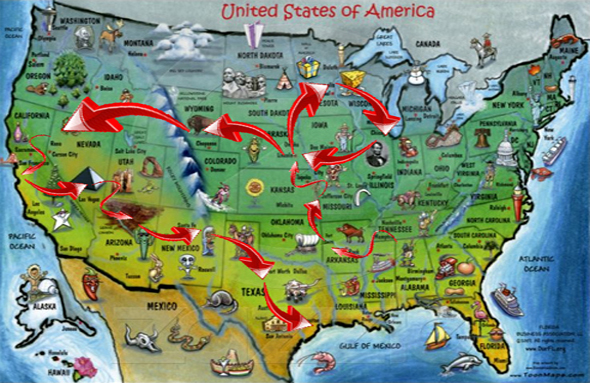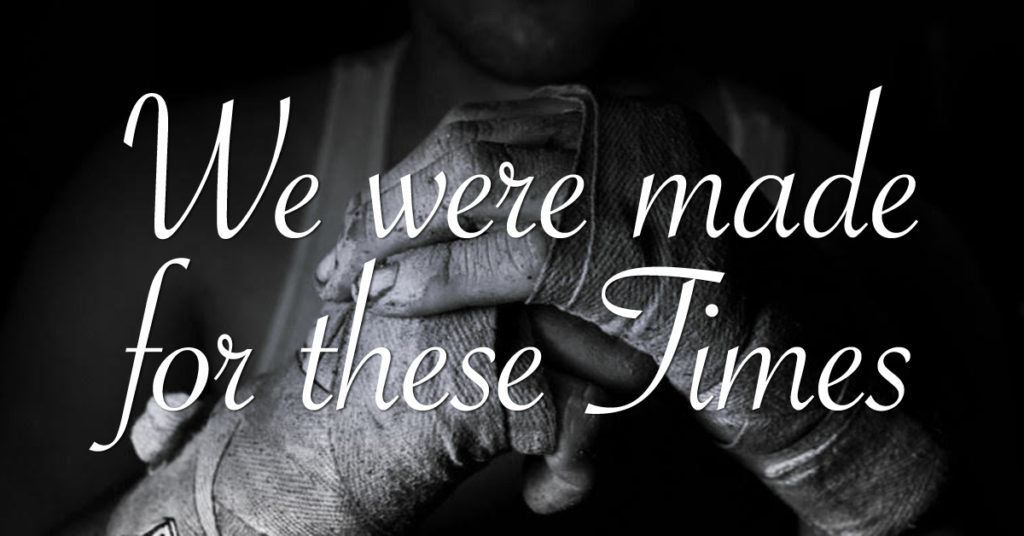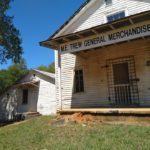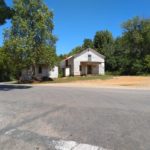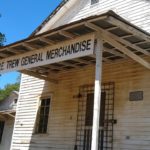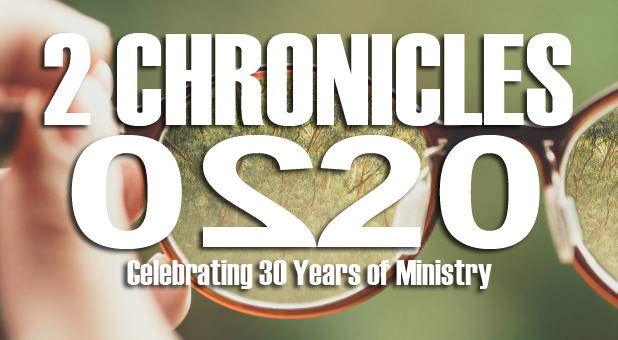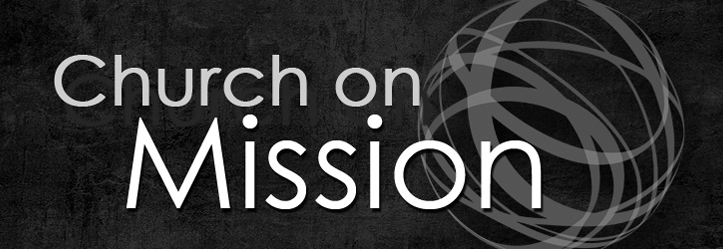Divine Connections TV: A Decade of Destiny Later
Almost exactly a decade ago, the year 2009 was monumental for this Decade of Destiny.
Upon the invitation of Logos Bible Software, we traveled to their annual BibleTech Conference in San Jose, California to present the more clear approach to Bible translation and its implementation in our new Bulgarian Bible Interlinear.
Our first stop to the conference was a very fruitful meeting with Dr. Albert Wardin at the Billy Graham Archives. This meeting became the reason to further direct our research on Ivan Voronaev and the roots of Bulgarian Pentecostalism to a new archive location in route to Berkeley University.
The trip was strategically planned to visit Bulgarian congregations on the way in
- Nashville,
- Chicago,
- Minneapolis/St. Paul,
- Tahoe,
- Seattle,
- San Francisco,
- Los Angeles,
- Las Vegas,
- Phoenix,
- Houston,
- Dallas,
- Florida
- and Atlanta.
These short but blessed visits consecutively materialized into the 2020 Vision for Bulgarian Churches in North America. Most memorable among all was our meeting in El Cerrito, which happened to be just a few miles from our research location in Berkeley and not far from the ministry center for the Bulgarian Slavic diaspora in Concord. It was at this meeting that our missional strategy for San Francisco and Phoenix was born and later finalized in ministry with the Bulgarian church in Las Vegas.
Perhaps more needs to be said later about the Berkeley connection and the vision of the Arizona quarters in detail. Especially in part of the divine connection broadcasts that became an essential part of our own Bibliata.TV. But most importantly, now the 2020 Vision is almost completed as a Decade of Destiny, what follows is a strongly proven paradigm for church growth and revitalization. And as such, it has effectively spread to so many Bulgarian churches abroad – from a simple vision for 20 churches into 20 different countries.
10 Reasons to Be Thankful in the Midst of COVID-19 Pandemic
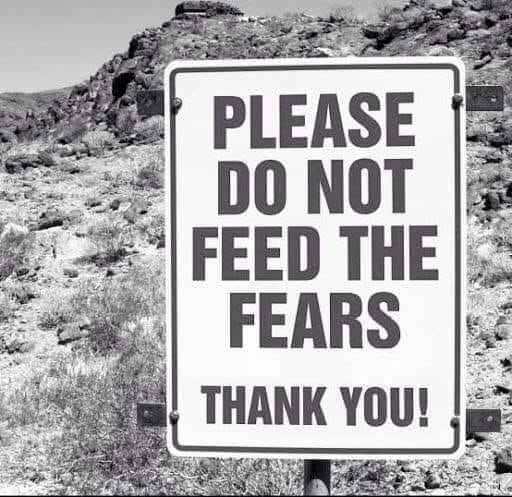 Families spend more time together at home and in nature
Families spend more time together at home and in nature- Gas prices have decreased
- Eating around dinner table has replaced going out to restaurants
- Prayer and return to the Faith has increased
- Homeschooling has become popular
- Open-air church meetings are coming back
- Communities are rallying together to help one another with less individualism
- Politicians are working more cohesively
- We are resourceful and not wasteful appreciating small things and basic necessities
- We are going back to the basics of a slower more grounded lifestyle
Call for Parents and Caregivers to Have Time of Uninterrupted Play with Their Children
As a Board Certified Licensed Professional Counselor with nearly 20 years of experience in the field of play therapy, I understand the vital importance of play in the life of a child. With the COVID-19 pandemic which has swept the world, our children are being exposed to stressors and events that no child should ever have to endure. Children need play in their lives now more than ever before. Play is their only way to communicate and to process these traumatic times. A time of play allows for children to increase their emotional strength and reduces stress which in turn increases our children’s immunity defenses.
It is for this reason that I feel the urgency to call all parents and caregivers to set aside a minimum of 45 minutes to 1 hour during the day to play with their children. This structured time should meet the following guidelines:
- If possible should be one parent with one child at a time even if you have to limit play to only 30 minutes
- Play time is uninterrupted with no texting, social media, online surfing or phone use of any type
- Should be in a safe place
- Parents and caregivers need to offer a time which is non-judgmental in the parameters of protection
- Needs to be led by child and not adult, offering no suggestions about what or how to play unless asked from child
- Do not interrupt the child’s process by being impatient for child to finish tasks at hand
- This is not a time for teaching. It is a time of reflecting and empathetic listening of feelings.
- Repeat back to the child their actions during play instead of offering your biased insight.
- Listen to what your children are telling you via their play
- Provide unconditional love and support
There is always time for play. It should not be underestimated. During this time of crisis it is a basic necessity and will strengthen our children. We will make it through this together.
– K. Donev, LPC/MHSP, NCC
We were made for these times
We were made for these times!
We know how to connect – whether in person or through phones and computers.
We know how to listen – to the stated message and to what is not said.
We also know the importance of responding to that unexpressed need.
We know how to observe – to see the fleeting worry or tender courage in someone’s eyes.
We know how to hope – to genuinely believe in our collective goodwill and shared humanity.
And, as you know, we know these things deeply and well – long before a contagious new virus arrived and disrupted our families and daily routines, we knew the powerfully contagious impact of relationships, positive emotions, and prayer!
Now, we want each of you to hear how much each of you is held in our hearts – for the work you do and, most importantly, for who you are in your families, communities, and the world.
Together we will remember the most vulnerable – near or far – and with creativity, determination, and compassion we will write a story of resilience, wholeheartedness, and collective resolve.
A story of and for these times.
We believe in you. Thank you for your continued prayers of support.
Trew General Merchandise Store
Quaint local General Store on the back roads of Tennessee history added to the National Register of Historic Places in1976 (Building – #76002159). On approach to this nostalgic setting, one could almost envision arriving in yesteryear to this establishment. Folks coming in for sugar and flour. I can imagine that some bartering for eggs and such must have taken place. The clapboard siding gives this establishment the quaintness of a time gone by. This gem of an establishment is tucked away on the back roads of Tennessee in McMinn County and west of Delano, TN
TREW’S STORE
Transcribed by: Mary Sue Mason
Revisions by: Bill Bigham
Trew ‘s Store was established in 1890 by John Wesley Trew near Calhoun, TN, the site of the first county seat of McMinn County Tennessee.
It is properly located as being half way between Highway 11 and 411 on Highway 163 where County Road 783 enters. Dentville was a one time postoffice in the store and the community still retains its name. (To the ole timers, anyway.)
John Wesley Trew’s grandparents, Dr. Thomas Trew and wife Nancy James purchased 463 acres in the Calhoun area in 1836. They came here from Jamestown, Kentucky. They stayed in the area, known as Dentville, and raised their family of ten children.
William, John Wesley’s father, inherited 1/2 of the farm in 1862. He developed the farm into a huge enterprise that produced corn, wheat and oats. He also made sorghum and raised livestock.
John Wesley Trew and wife Margaret Ella Porter were parents of nine children and continued to be very successful with the family enterprise and the store was opened to serve the family’s needs in 1890.
One of the sons of John Wesley Trew, Mortimer began as a clerk in the store in 1925.
In 1935, J.W. Trew turned the store over to his children. It operated as Trew Brothers from 1962-1975.
In 1975 Mortimer Trew and his wife Oneta Crittenden became sole owners of the store and changed the name to M.E. Trew General Merchandise.
The store was placed on the National Register of Historic Places in 1976.
As an interested citizen living in the area, I made a visit to the store in 1996 and took some photos of the store and Mortimer Trew and his wife Oneta Trew. Mortimer spent his whole life in the store. He died in April of 1996. The store is “not” open for business or touring.
2020
In 2020, we will be celebrating 30 years in ministry. Twenty of them alone were spent in America where we have held some 3,000 services across 25+ different states. In these three decades, I have seen genuine revival with the Glory of God moving in only twice.
The first time was in 1990, right after the fall of the Berlin Wall in Bulgaria, when our youth group of a dozen students grew up to 300 during the spring semester alone. One of those nights, 26 young people literally walked through the door of the small hall we were renting, gave their lives to the Lord and were baptized with the Holy Spirit – all of them on the spot in that one service. I can still remember them all speaking in tongues and none of us knowing what just hit us. As the visible glory of God descended upon us, we were not able to shut down the service till well after midnight. We got written up for breaking curfew, but our names were written in Heaven.
The second time was at the turn of the century when in the summer of 1999 the Lord opened doors to preach over 20 revivals. I started seminary in the fall and travelled back to South Carolina literally every weekend that first semester just to finish all scheduled preaching appointments. Some of the readers of this letter well remember that one or more of those meetings were in your church. And I have been praying for the same move of God since then.
Though we have had similar trends in our ministry in 2014 and then at the start of 2017, it was only this year again that I am seeing the signs of a great revival taking place just like in 1989 and 1999. More and more ministers we contact share the same feel for another great revival and after much prayer, fasting and anticipation I have become convinced that God is on the move in 2019.
For these reasons, we are approaching this season of Revival Harvest Campaign in 2019-2020 with great anticipation. We urge you to pray along with us and seek the will of the Lord – what is it that He wants us to do in this season of upcoming Revival? A move of God of such magnitude and rarity should not be taken lightly!
Church on Mission: 30 Years of Ministry in 14 articles on World Missions
Church on Mission: As we get ready to celebrate 30 years in the ministry, 25 of which solely in Missions, we can truly say that 2019 has been one of the most challenging, but also most productive year in missions for us so far. For this reason, we have attempted to sum it all up in 14 articles on World Missions which are being published as a sequel on our Cup & Cross Ministries website in early 2020 as The Church on Mission. We have contributed in publishing further research in missions in the upcoming 2020 Encyclopedia of Global Pentecostalism.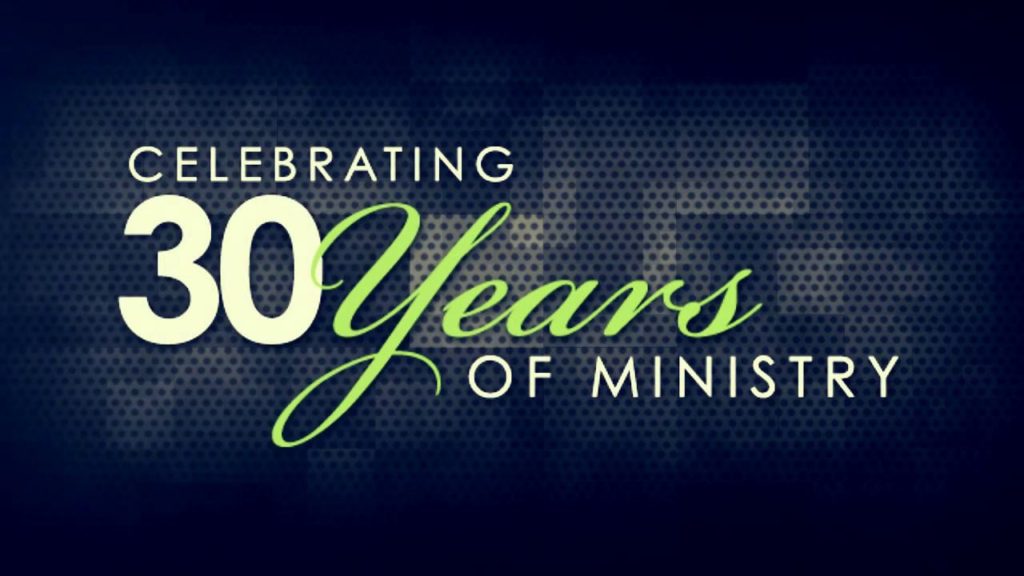
Merry Christmas from all of us
Social Services Act postponed by 6 months in BULGARIA
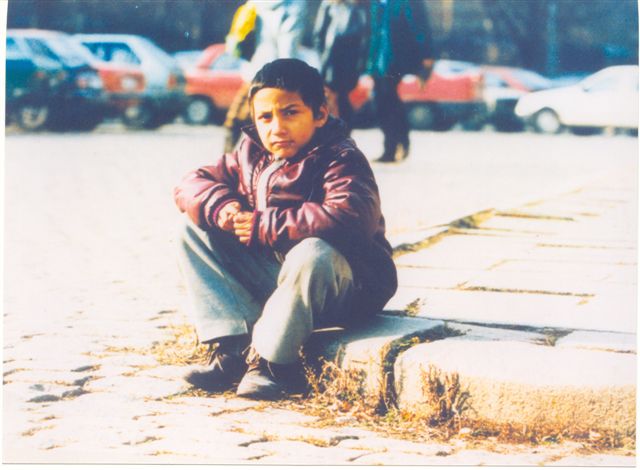 Sofia. The Parliament has postponed the entry into force of the Social Services Act by 6 months, Focus News Agency reported. The decision was supported by 149 votes in favor, four MPs voted against and four abstained.
Sofia. The Parliament has postponed the entry into force of the Social Services Act by 6 months, Focus News Agency reported. The decision was supported by 149 votes in favor, four MPs voted against and four abstained.
The Social Services Act was passed in March 2019 and was due to come into force on 1 January 2020. Due to protests against the project, the government reached a consensus to postpone it for 6 months. This was what the United Patriots Group proposed and it was accepted by the plenary.
The MPs rejected а proposal made by Volya party to postpone the law by one year, as well as the proposal made by Ataka party for it to be repealed. The MPs also did not accept the proposals by the MRF party for amendments to the Social Services Act.
Appreciating the Simple Things in Life
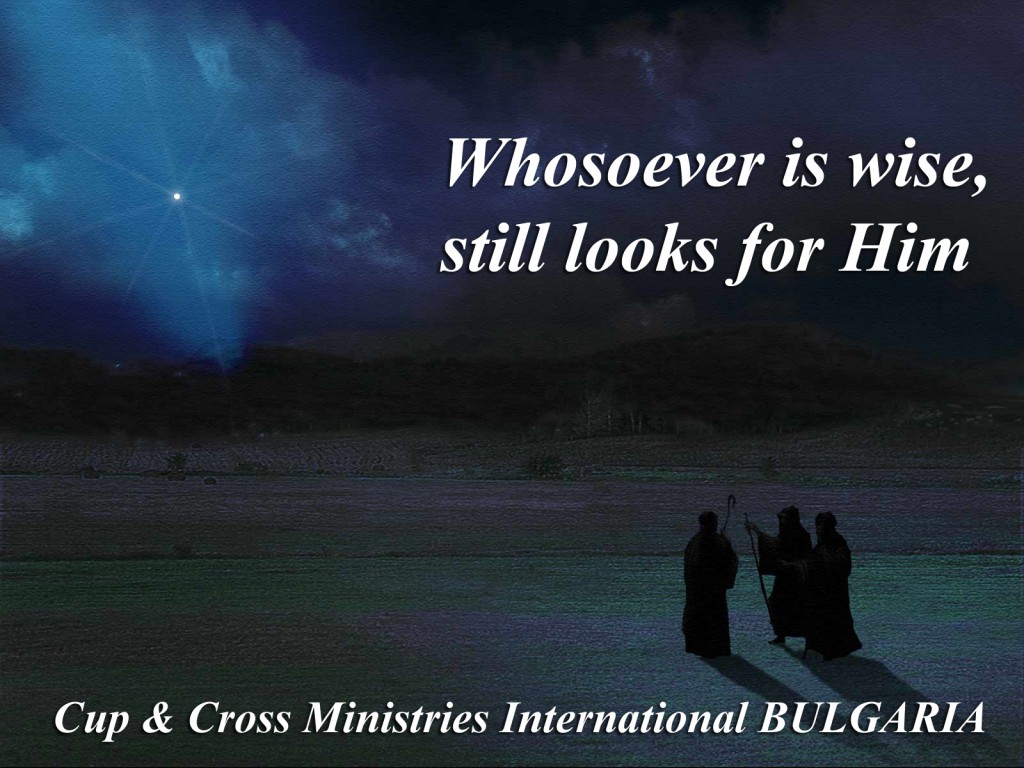 Roasting chestnuts over an open fire and Jack Frost nipping at your nose is a comforting carol which brings many pleasant feelings around the holidays. These are two features, which are not only common to the States, but to Bulgaria as well. This is the season of chestnuts being roasted, however it is not like we picture being over a cozy fire place in a warm home. In Bulgaria it would be on the street side to sell in order to bring in some income for your family. And the Jack Frost is not just a nip for some, but it is a bone chilling cold due to not being able to afford the electric bill.
Roasting chestnuts over an open fire and Jack Frost nipping at your nose is a comforting carol which brings many pleasant feelings around the holidays. These are two features, which are not only common to the States, but to Bulgaria as well. This is the season of chestnuts being roasted, however it is not like we picture being over a cozy fire place in a warm home. In Bulgaria it would be on the street side to sell in order to bring in some income for your family. And the Jack Frost is not just a nip for some, but it is a bone chilling cold due to not being able to afford the electric bill.
For some, there will be no gift under the tree and for others there will not even be a tree. This is not said to bring you sorrow, but for you to appreciate the simple things in life. Enjoy family, friendships, a warm home, a hot meal, your health. Enjoy the time the Lord has given you and use it for his Glory and not for bickering or complaining over the small angst.
Don’t loose sight of the true meaning of Christmas. Christmas is not about the material, but it is about the spiritual. It is about the birth of our Lord and Savior even though our politically correct society wants to get ride of the “Christ” in “Christmas.” If it were not for His birth, He would not have been able to die for our sins. This remission of sin is the ultimate gift this Christmas season for it is through this act that we are able to have eternal life if we only ask.
So when you wake up on the 25th begin your day not consumed with what you didn’t get or what didn’t happen to your liking, but in silence remembering the silent and holy night over 2000 years ago. Remember those less fortunate in order not to take for granted with what you have been blessed. And most of all thank Him for His gift to you. Let these thoughts bring you comfort this holiday season.
Merry CHRISTmas 2009
From all of us in Bulgaria!


